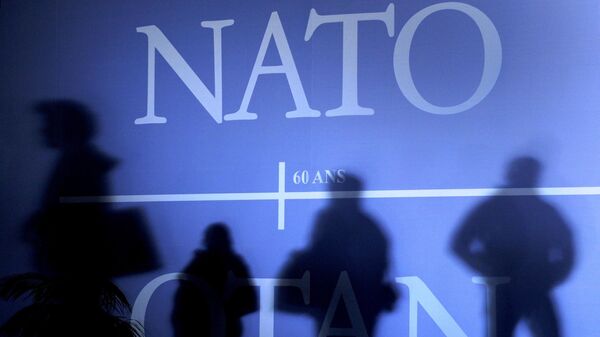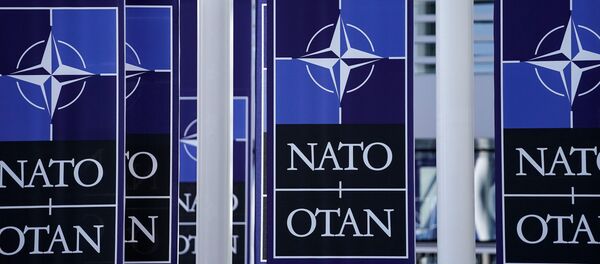The UK mulled offering Russia a position as an "associate member" of NATO back in 1995, with the idea being pitched by then Defence Minister Malcolm Rifkind, unclassified documents released by the UK National Archives show. Such a status would not involve "article V guarantees", membership at NATO's International Military Staff, or veto rights for Russia, the documents indicated.
"It would, however, give Russia a formal status within NATO, allow it to attend, as of right, ministerial and other meetings and encourage a gradual convergence and harmonisation of policy, doctrine and practice", Rifkind argued.
The idea behind the offer was to avoid Moscow protesting against NATO enlargement, specifically eastwards, something that then Russian President Boris Yeltsin warned NATO against at the time, noting that it "could provoke trouble" due to public discontent in Russia.
Rifkind also indicated that Russia "has entered a difficult and doubtful phase", while its president's position had been "weakened", as even those who opposed a return to the USSR in Russia were against NATO's enlargement. The former UK defence minister saw associate membership as a possible solution.
"It would most importantly provide an acceptable framework that would allow enlargement to go ahead without rancour and retaliation […] We should make Russia a more normal member of the western family. We needed to help Yeltsin make Russia a more normal European country", the minister said.
The idea, though, found little support in the rest of the UK Cabinet, with the Foreign Office cautioning against building a relationship with Moscow "based on false Russian expectations that she will, one day, become a member of the alliance".
The idea was not ultimately forgotten, however, Rifkind indicated in an interview with The Guardian. He noted that it evolved into the NATO–Russia Council, which existed until 2014, when ties between the alliance and Moscow started to turn sour over the coup in Ukraine. Despite this, both sides have regularly expressed readiness to resume dialogue, with NATO's Secretary-General Jens Stoltenberg stating on 23 December 2019 that he is ready to meet with Russian President Vladimir Putin under the "right" circumstances, without elaborating further.






